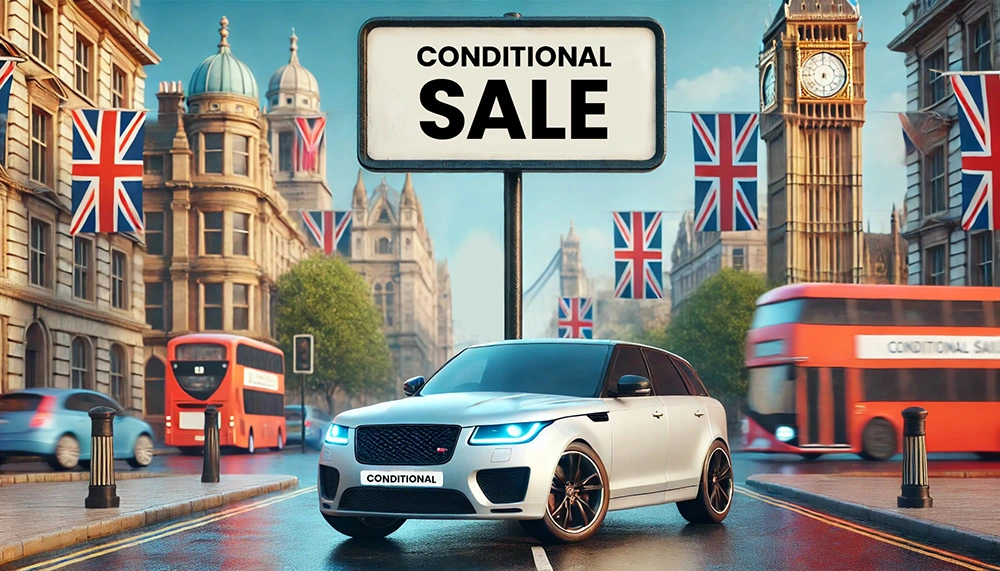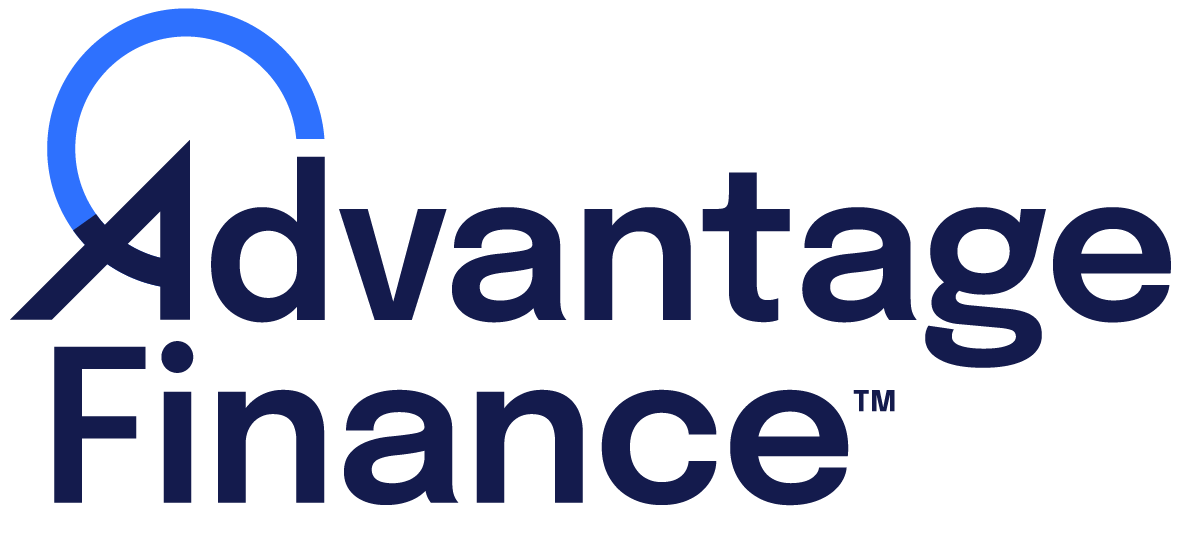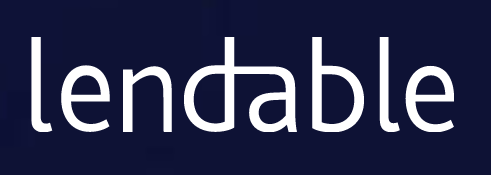

Personal Contract Purchase (PCP) is a flexible and affordable way to finance both new and used cars. Here we’ll explore how PCP works specifically for used vehicles, including the benefits, drawbacks, and key considerations. By understanding the details of PCP for used cars, you can make an informed decision that best suits your financial situation.
What is PCP?
Personal Contract Purchase (PCP) is a type of car finance that allows you to make lower monthly payments compared to other finance options, with the flexibility to buy the car, return it, or trade it in at the end of the contract.
How Does PCP Work for Used Cars?
PCP for used cars operates similarly to PCP for new cars, with a few differences. Here’s a step-by-step breakdown of how it works:
Benefits of PCP for Used Cars
Drawbacks of PCP for Used Cars
PCP vs. Other Finance Options
| Feature | PCP for Used Cars | HP for Used Cars | Personal Loan for Used Cars |
|---|---|---|---|
| Ownership | Optional at end of term | Automatic at end of term | Immediate |
| Monthly Payments | Lower | Higher | Higher |
| Deposit | Usually Required | Usually Required | Not necessarily |
| Mileage Restrictions | Yes | No | No |
| Final Balloon Payment | Yes | No | No |
| Flexibility | High | Medium | Low |
Eligibility for PCP on Used Cars
To qualify for a PCP agreement on a used car, you typically need:
For those with bad credit, there are still options available. Check out our bad credit car finance page for more details.
Steps to Apply for PCP on a Used Car
FAQs About PCP for Used Cars
Conclusion
PCP for used cars provides a flexible and affordable way to finance a vehicle, with lower monthly payments and multiple end-of-term options. By understanding how PCP works and considering your financial situation, you can choose the best car finance option for your needs. For more information and personalised advice, explore the resources available at Happy Motor Finance.







